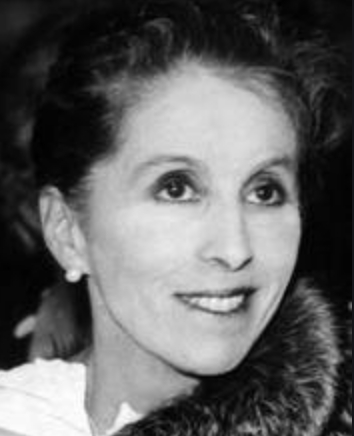April 17
Isak Dinesen

On this date in 1885, writer Isak Dinesen (née Karen Christence Dinesen) was born in Rungsted, Denmark, to a well-to-do family with ties to Danish nobility. Her mother and sisters were Unitarians and influenced her views on religion. She attended the Royal Academy of Art in Copenhagen and studied in four European countries. She published several short stories in 1907. She married her cousin, Baron Bror Blixen-Finecke, in 1914 and lived with him on a coffee plantation in Kenya.
After they divorced in 1921 (he famously had given her syphilis, which she recovered from), Dinesen ran the plantation herself until 1931, when she returned to Denmark. Those years are chronicled in her famous book Out of Africa (1937), whose accounts of her adventurous struggles captured the public’s imagination. A film of the same name, directed by Sydney Pollack in 1985 and starring Meryl Streep and Robert Redford, was based on the book.
Her other books include Seven Gothic Tales (1934), several collections of short stories and two other autobiographical works written after she returned many years later to Africa. In one of those seven tales (“The Deluge at Norderney”), she wrote: “God made the world, My Lord, and looked at it, and saw that it was good. Yes. But what if the world had looked back at him, to see whether he was good or not?” Anecdotes of Destiny includes “Babette’s Feast,” originally written for a magazine, which also became the basis of a 1987 movie.
She visited the U.S. only once, for six months in 1959 when she was feted by “high society” types and a host of celebrities. Her eccentricity was on display and she told people she would eat only oysters and grapes and drink nothing but champagne. It was reported that she was frail, weighed just 63 pounds and was getting regular “intravenous infusions.” She died at her family’s estate at age 77, apparently of malnutrition. (D. 1962)
“There is hardly any other sphere in which prejudice and superstition of the most horrific kind have been retained so long as in that of women, and just as it must have been an inexpressible relief for humanity when it shook off the burden of religious prejudice and superstition, I think it will be truly glorious when women become real people and have the whole world open before them.”
— Dinesen letter in 1923 to her sister Elle, "Letters From Africa: 1914-1931," ed. Frans Lasson (1981)
